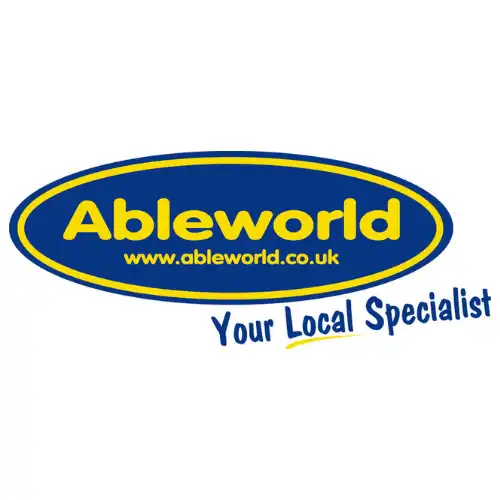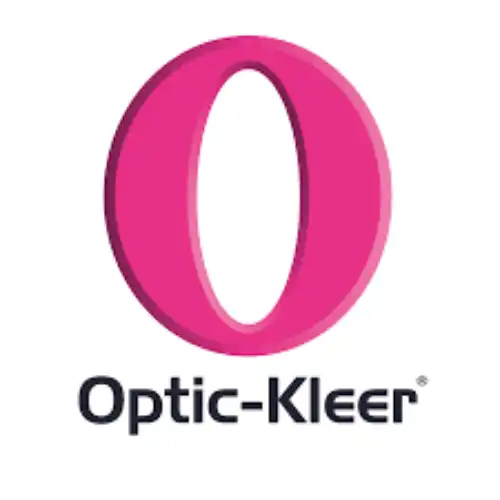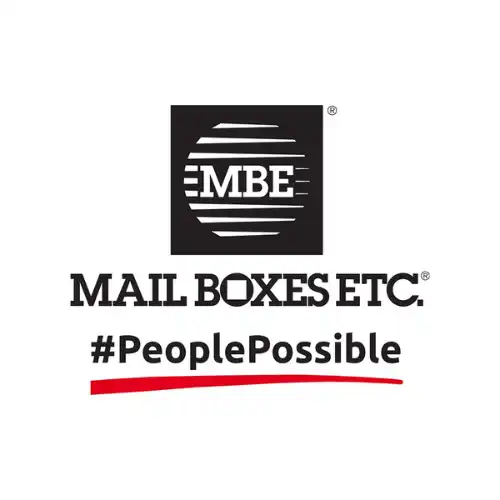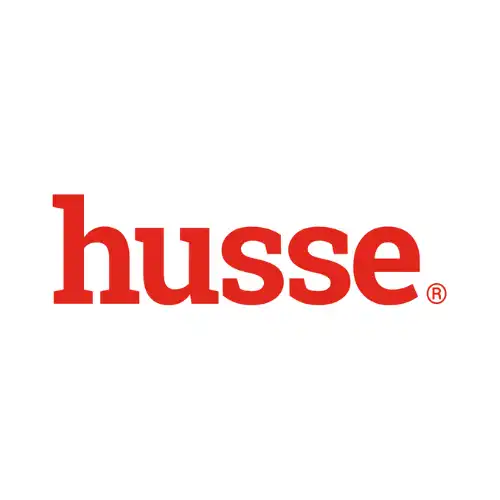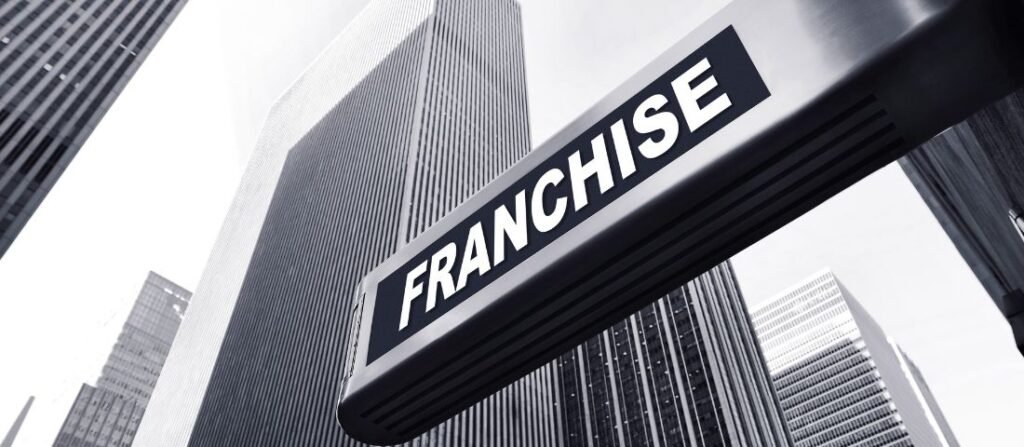Introduction
If you’ve ever walked into a McDonald’s, ordered from a local Domino’s, or seen a branded van parked outside a home, chances are you’ve encountered a franchise. But what does that actually mean?
In this article, we’ll break down what a franchise is—without the jargon—so you can understand the basics before diving deeper into the world of franchising.
What Is a Franchise?
A franchise is a type of business where someone (the franchisee) buys the right to run a business using another company’s (the franchisor’s) name, branding, systems, and products or services.
In simple terms, it’s a licence to operate a copy of a successful business in a new location.
You’re not starting from scratch—you’re joining a system that already works.
How Does It Work?
When you invest in a franchise, you’re entering into a business agreement that usually includes:
- The right to use the brand name
- A proven business model with systems and processes
- Training to help you learn how to run the business
- Ongoing support (marketing, operations, tech, etc.)
- A defined territory or region to trade in
- Access to approved suppliers, stock, or software
In return, the franchisee usually pays:
- An upfront franchise fee
- Ongoing royalty fees (monthly or as a percentage of turnover)
- Sometimes a marketing contribution
✅ Want to know how much a franchise costs? Read: How Much Does It Cost to Buy a Franchise in the UK?
An Everyday Example
Let’s say you invest in a pet food delivery franchise. You don’t invent the products, set up your own website, or figure out your own marketing strategy. Instead, the franchisor provides all of that—and teaches you how to run the business in your area.
You might:
- Use their website and branding
- Follow a set process for deliveries and stock
- Order from approved suppliers
- Follow local marketing plans provided by head office
It’s your business—you’re responsible for running it—but you’re not doing it alone.
Who’s Involved?
There are two main roles in any franchise:
🧑💼 The Franchisor
This is the original business owner who developed the concept and created the brand. They provide the systems, tools, and support.
👩💼 The Franchisee
This is you (or whoever buys the franchise). You run your own local branch of the business under the franchisor’s name and guidance.
What a Franchise Is Not
To be clear, buying a franchise isn’t the same as:
- Buying shares in a company
- Becoming a manager for someone else
- Starting a business completely on your own
You’re licensing the rights to trade as a known brand—but you’re still responsible for running the business day to day.
✅ Related: Franchise vs. Starting a Business From Scratch – Which Is Right for You?
Key Features of a Franchise
Here’s what typically defines a franchise:
| Feature | Description |
|---|---|
| Brand Use | Operate under the franchisor’s name and identity |
| Business System | Follow established methods for running the business |
| Training & Support | Provided before and during your operation |
| Fees | Pay an initial fee and ongoing royalties or contributions |
| Territory Rights | Often includes exclusive rights to operate in a particular area |
| Legal Agreement | A contract outlining your rights and obligations |
Why Choose a Franchise?
For many first-time business owners, a franchise offers a more structured and supportive way to get started. You’re buying into a brand with a track record—so you skip a lot of the trial and error that comes with launching a business on your own.
It’s ideal for people who want:
- A proven path to follow
- The independence of running their own business
- The backing of a bigger brand
Final Thoughts
A franchise is essentially your chance to operate a business with a blueprint already in place. You get the brand, the tools, and the support—while still being your own boss.
If you’re curious about franchising but unsure where to start, keep exploring our guides here on Franchise Hunt. We’ll walk you through every step of the journey—from choosing the right franchise to understanding legal agreements.




